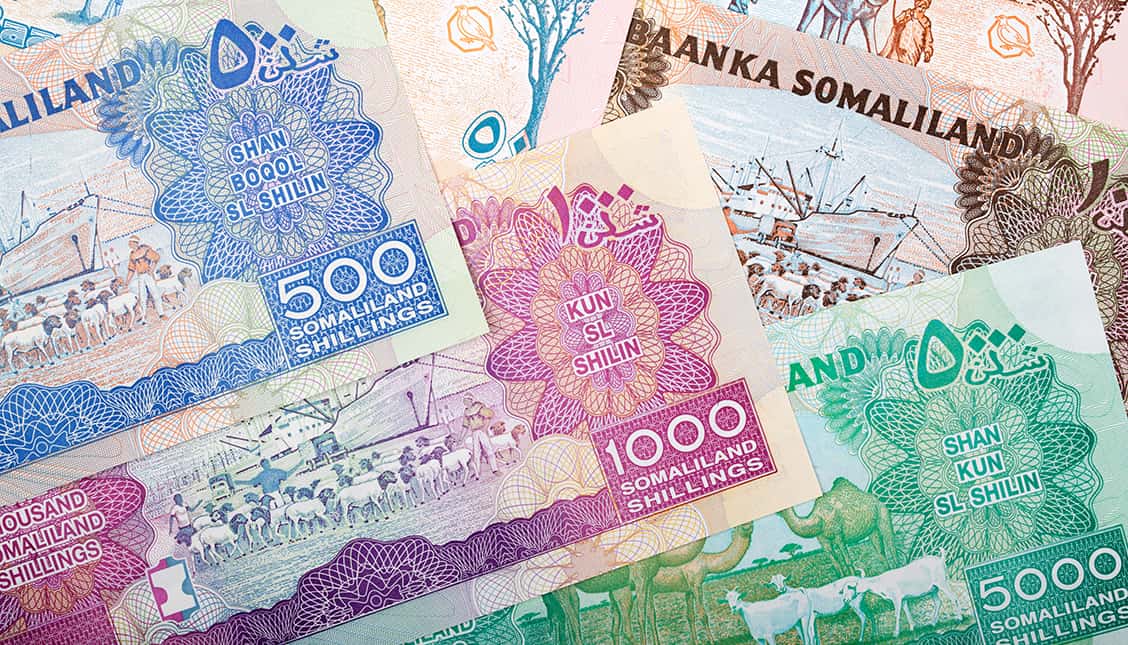Somalia, ravaged by civil war, terrorism and economic hardship, is poised to receive substantial international debt relief, marking a crucial step in its reintegration into the global financial system after an absence of approximately three decades.
Under the International Monetary Fund’s Heavily Indebted Poor Countries (HIPC) initiative, Somalia received total debt relief of $4.5 billion on December 13th. The relief package reduces Somalia’s debt-to-GDP ratio from 65% to around 6%, removing a major stumbling block to the recovery of one of the world’s most troubled nations.
The country descended into clan warfare following the overthrow of the government of Mohamed Siad Barre in 1991 and subsequent failed attempts by the US and other powers to stabilize the nation.
Over the past 15 years, Mogadishu’s successive governments, struggling to exert control over a divided nation, have faced an Islamist insurgency led by the al-Shabaab militant group. Thousands have perished in conflicts and attacks as al-Shabaab extended its violence beyond Somalia, including the 2013 assault on Nairobi’s Westgate mall, which resulted in 71 casualties. The current government, led by President Hassan Sheikh Mohamud, claims progress in suppressing al-Shabaab but now contends with one of Somalia’s worst droughts in living memory.
Officials close to Mohamud view the debt write-off as a pivotal event, endorsing the administration’s efforts to address deep-seated economic and political challenges. The deal would enable Somalia to access concessional loans, fostering economic reform and laying the groundwork for sustained growth.
Ahmed Soliman, a researcher at the Chatham House think-tank, described the IMF’s decision as lifting a substantial burden off Somalia’s shoulders, allowing it nation to focus on economic priorities, poverty reduction, and job creation: all essential to achieving long-term stability, according to the Financial Times.
The IMF and the World Bank’s International Development Association approved the write-off after Somalia fulfilled 13 of 14 requirements related to expenditures, tax collection, governance, statistics, and poverty alleviation.
Under the agreement, bilateral creditors forgave $3 billion in debt, with Russia granting debt relief of $684 million in July. The process, spanning almost a decade, also marks a thaw in Somalia’s relations with the global community; the UN Security Council last month lifted a 32-year arms embargo on arms deliveries to the government in Mogadishu.




